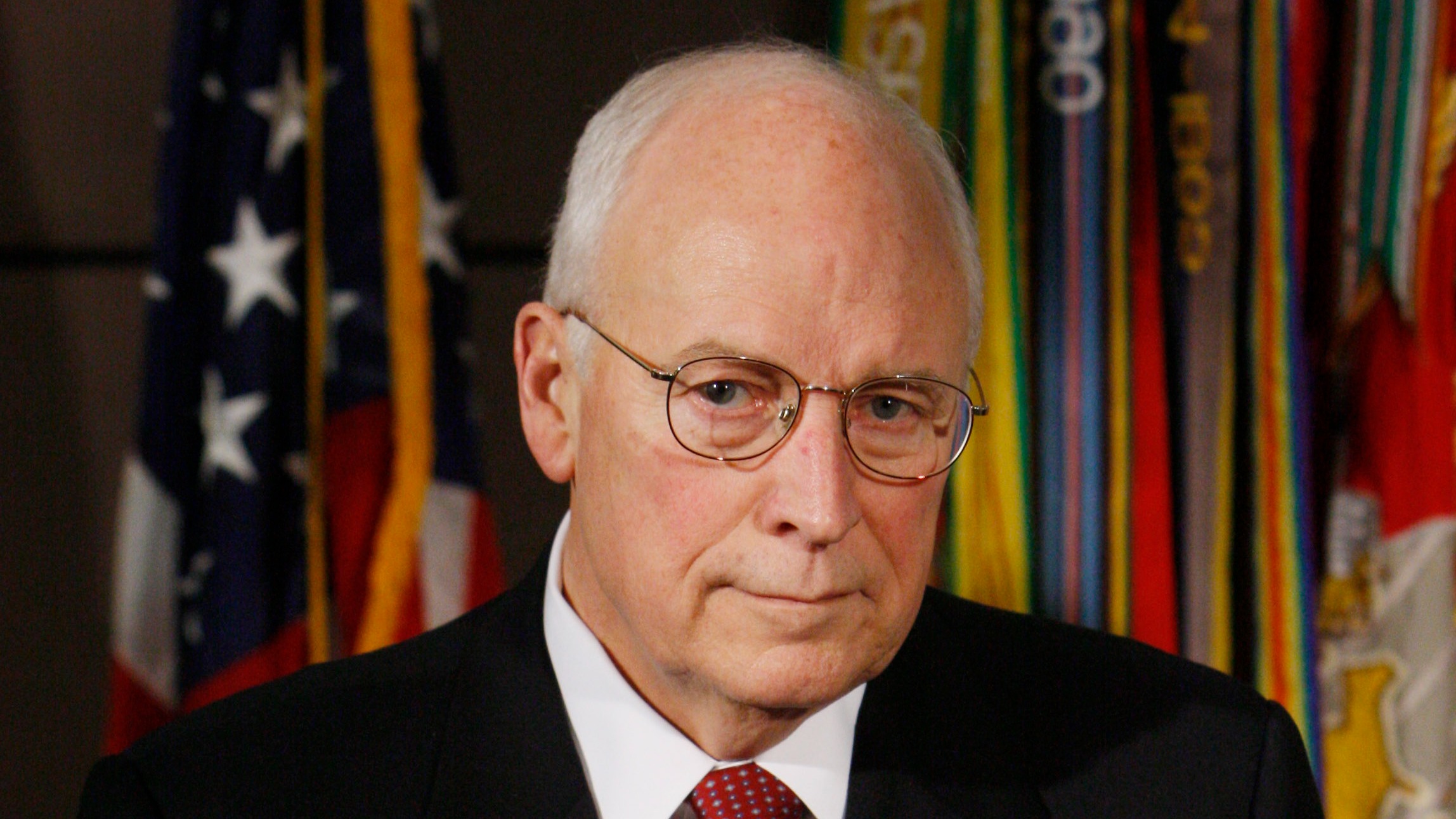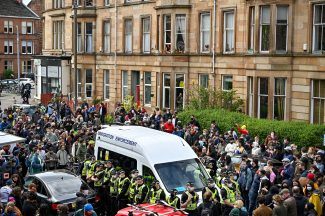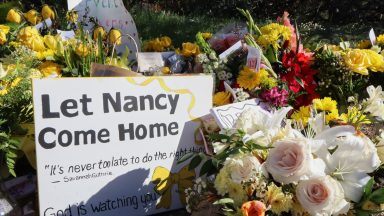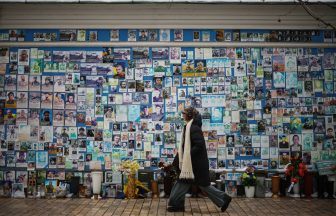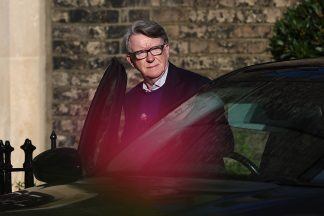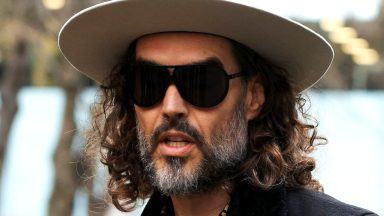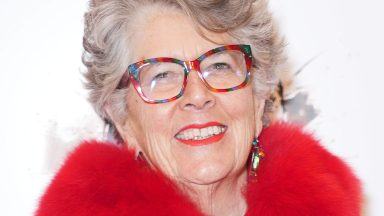Former US Vice President Dick Cheney, a key architect of America’s war in Iraq and “war on terror,” has died aged 84, according to a family statement.
He died on Monday night due to complications of pneumonia and cardiac and vascular disease, family spokesman Jeremy Adler said.
Cheney, the 46th vice president, served two terms under Republican President George W Bush from 2001 to 2009 and was for decades a towering and polarising figure in Washington politics.
In his later years, the hardline conservative became largely estranged from his own party due to his outspoken criticism of US President Donald Trump, whom he called a “coward” and the greatest threat the republic has ever faced.
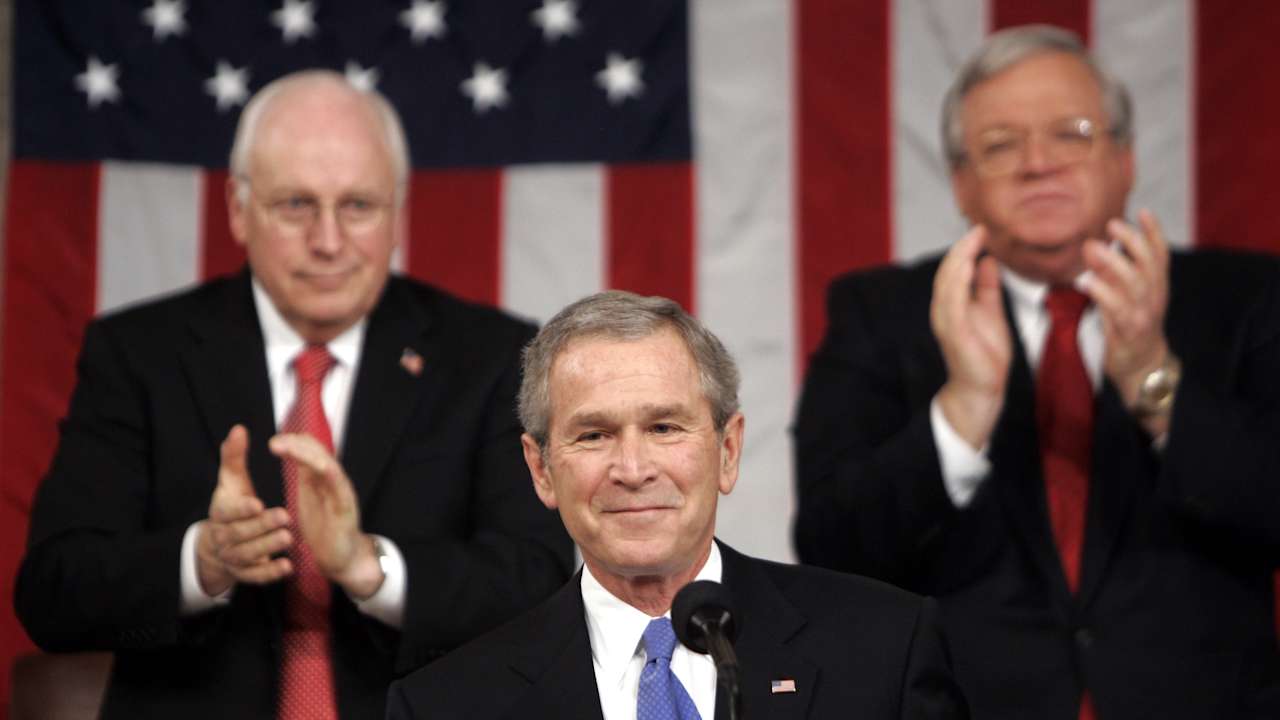
In an ironic twist to his storied political career, Dick Cheney cast his final presidential vote in 2024 for liberal Democrat Kamala Harris, a fellow former vice president, reflecting how far the modern, populist Republican Party had drifted from his brand of traditional conservatism.
Cheney, who had battled heart disease for most of his adult life, survived multiple heart attacks and lived for years after a 2012 heart transplant, which he once called “the gift of life itself”.
The September 11 attacks in 2001 defined Cheney’s vice presidency, unleashing the US war in Afghanistan to topple the Taliban, which was said to be sheltering al Qaeda.
Yet it was his push to expand that fight to Iraq that would come to define his legacy.
Cheney was instrumental in making the case that Saddam Hussein’s regime possessed weapons of mass destruction and had links to al Qaeda, claims later discredited by multiple investigations.
His warnings and advocacy helped pave the way for the 2003 US invasion of Iraq.
Subsequent reports found that Cheney and other senior officials had exaggerated or misrepresented intelligence, though he maintained they acted in good faith.
One of his most controversial assertions, that 9/11 hijacker Mohamed Atta had met with Iraqi intelligence in Prague, was never verified.

Despite mounting evidence and criticism, Cheney remained unapologetic.
He insisted in 2005 that he and other officials relied on “the best available intelligence” and dismissed claims that it was “distorted, hyped, or fabricated” as “utterly false”.
Even after a 2014 Senate report condemned the CIA’s “enhanced interrogation” programme as brutal and ineffective, Cheney said he had no regrets: “I would do it again in a minute.”
Of the Iraq war, he told ITV News affiliate CNN the following year: “It was the right thing to do then. I believed it then and I believe it now.”
Follow STV News on WhatsApp
Scan the QR code on your mobile device for all the latest news from around the country


